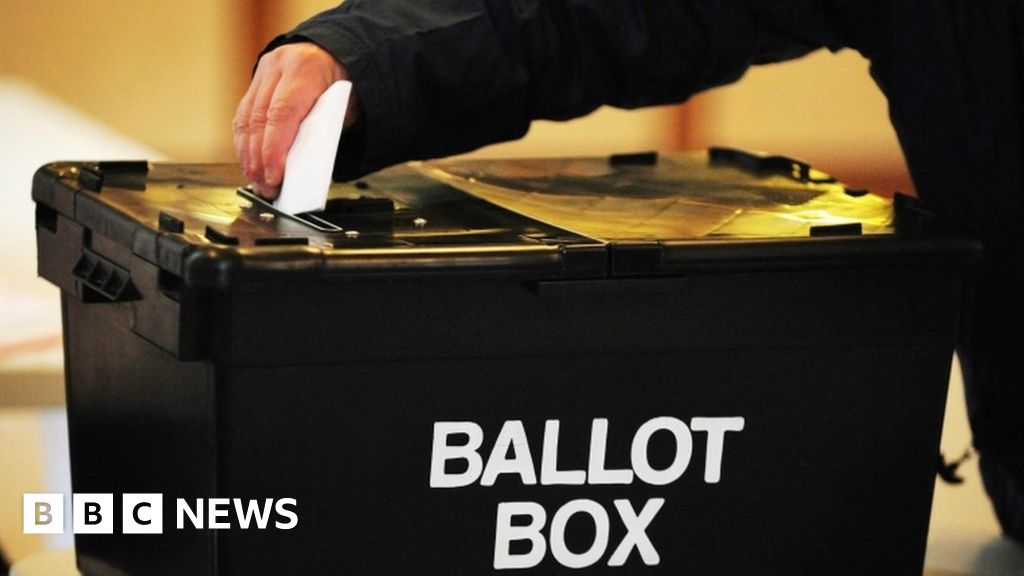Google Changes Rules For Buying Election Adverts

 Image copyright
PA
Image copyright
PA
Google is demanding that those placing political ads during the forthcoming US elections must prove they are US citizens or permanent residents.
The demand is part of an update to its policies that tries to make political adverts more "transparent".
In addition, advertisers must reveal who has put up the cash for the advert.
Social media firms have updated their policies in the wake of revelations that their ad platforms have been abused by Russian propaganda outfits.
Google's new policy follow similar changes at Twitter and Facebook governing who can buy space for political adverts.
In a blog announcing the change, Kent Walker, a Google senior vice-president, said the changes made good on a 2017 commitment to be more open about who funds political adverts.
"Advertisers will have to provide a government-issued ID and other key information," said Mr Walker.
In addition, he said, Google would release a transparency report in the summer that only deals with election-based advertising. This would detail who bought ads and how much money they spent.
It is also collecting political ads in a database that anyone will be able to search.
Initially, the ID demands will only apply to US elections, but Google said it hoped to extend the more stringent controls to other votes and campaigning seasons.
Both Facebook and Twitter have pledged to release more information about who buys political ads on their respective social networks. They also introduced tighter controls on who can buy ads.
Those changes came in response to a series of reports which suggested that Russian actors with links to the Kremlin had been buying political adverts and targeting them at American voters.
Facebook said the ads, of which there were about 3,000, did not support any particular candidate, but instead shared inflammatory information on sensitive topics such as immigration.
In November 2018, US mid-term elections will be held which will see hundreds of US politicians up for re-election.
From Chip War To Cloud War: The Next Frontier In Global Tech Competition
The global chip war, characterized by intense competition among nations and corporations for supremacy in semiconductor ... Read more
The High Stakes Of Tech Regulation: Security Risks And Market Dynamics
The influence of tech giants in the global economy continues to grow, raising crucial questions about how to balance sec... Read more
The Tyranny Of Instagram Interiors: Why It's Time To Break Free From Algorithm-Driven Aesthetics
Instagram has become a dominant force in shaping interior design trends, offering a seemingly endless stream of inspirat... Read more
The Data Crunch In AI: Strategies For Sustainability
Exploring solutions to the imminent exhaustion of internet data for AI training.As the artificial intelligence (AI) indu... Read more
Google Abandons Four-Year Effort To Remove Cookies From Chrome Browser
After four years of dedicated effort, Google has decided to abandon its plan to remove third-party cookies from its Chro... Read more
LinkedIn Embraces AI And Gamification To Drive User Engagement And Revenue
In an effort to tackle slowing revenue growth and enhance user engagement, LinkedIn is turning to artificial intelligenc... Read more

